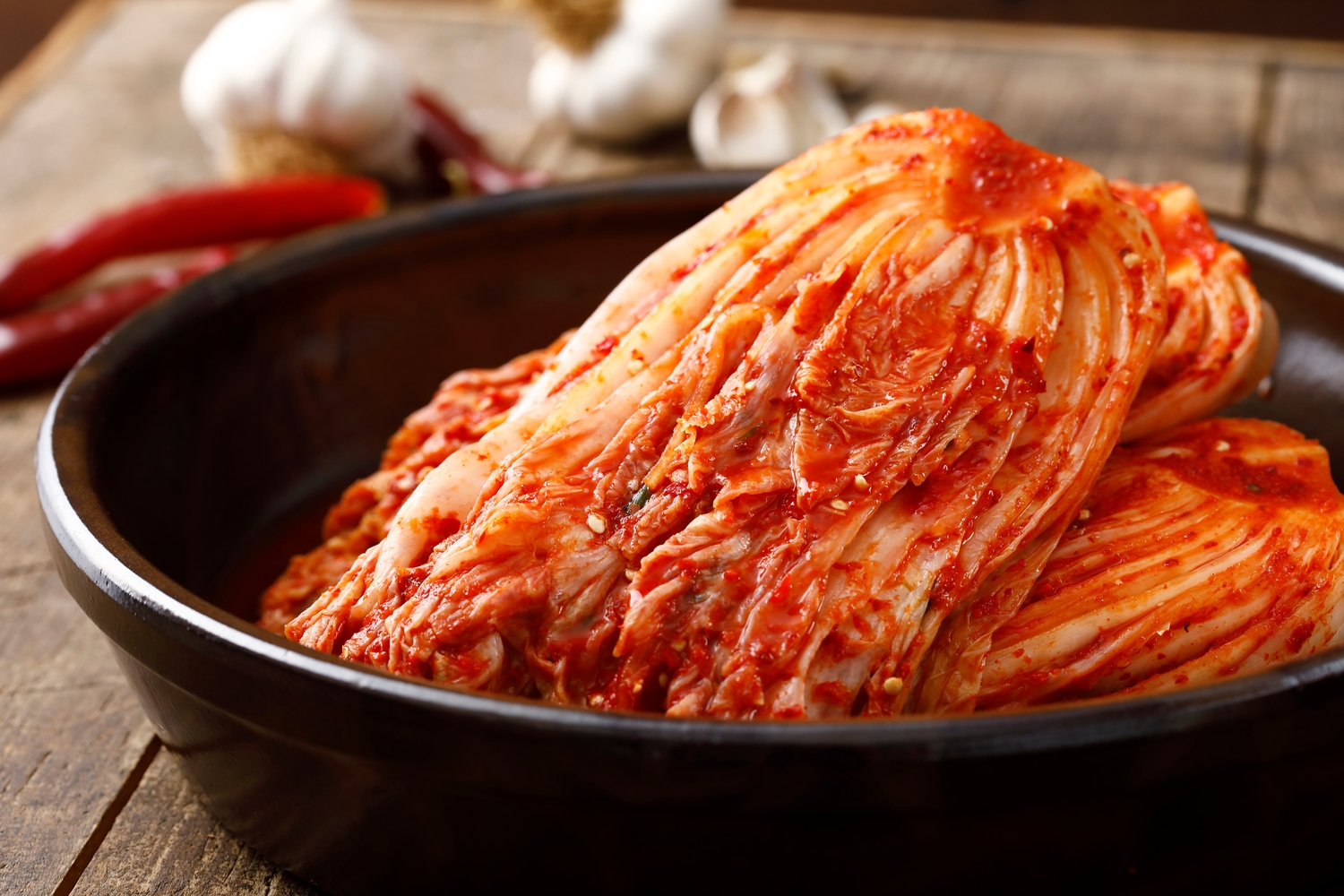
Hereditary Angioedema: Foods That Trigger Breathing Issues
And Treatment Options
The rare, inherited disorder known as hereditary angioedema is characterized by recurrent episodes of severe swelling in the face, extremities, gastrointestinal tract, and airways, making breathing difficult. While the episodes of swelling can be distressing and extremely uncomfortable, it can be handled with Takhyzyro and/or Orladeyo as treatment medications. Episodes can be triggered by mental stress, infections, trauma, fatigue, physical exertion, weather, food, and more. In this listicle, we will outline the common food triggers of breathing issues with hereditary angioedema:
1. Tree nuts
Individuals with hereditary angioedema are often advised to avoid tree nuts as they are a common trigger for episodes of swelling and breathing issues. This includes walnuts, cashews, almonds, and more.
2. Spicy foods
Chili pepper, hot sauces, jalapeños, cayenne pepper flakes, and other spicy ingredients that many enjoy to spice up their dishes can be dangerous for those with hereditary angioedema. Spice is a common trigger, so either reduce the spice levels in your meals or eliminate spicy foods and ingredients entirely.
3. Food additives
You might be surprised about this one, but certain food additives such as preservatives and artificial sweeteners can be a trigger for some individuals’ hereditary angioedema. Be sure to read the labels before you consume anything and avoid any products that list such additives.
4. Alcohol
Some patients with hereditary angioedema experience episodes after the consumption of alcohol. Be sure to monitor your body’s response to alcoholic beverages, and if it triggers an episode, it is advisable to avoid alcohol in the future.
5. Spinach, arugula, and other green salads
Some specific green salads, such as spinach and arugula, can be triggers of swelling and issues with breathing in those with hereditary angioedema. If you purchase pre-packaged salad mixes, be sure to review what ingredients are in it and monitor your body’s response to the food.
It’s important to monitor your body after consuming foods. If anything triggers an episode, be sure to make note of it and avoid it in the future. As always, you should speak to your doctor about what foods to eat and avoid, as everyone is different, and work to build a specific diet from there.



